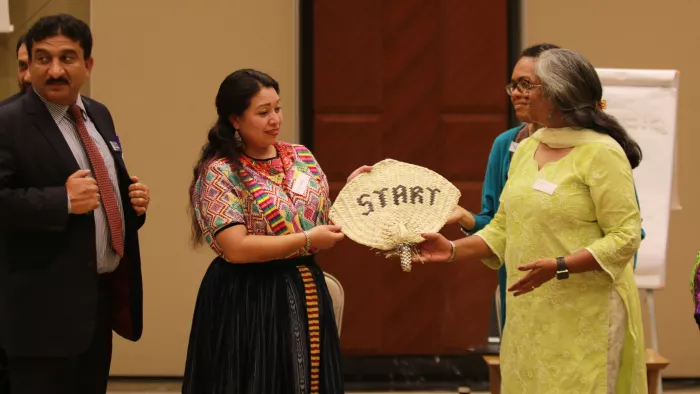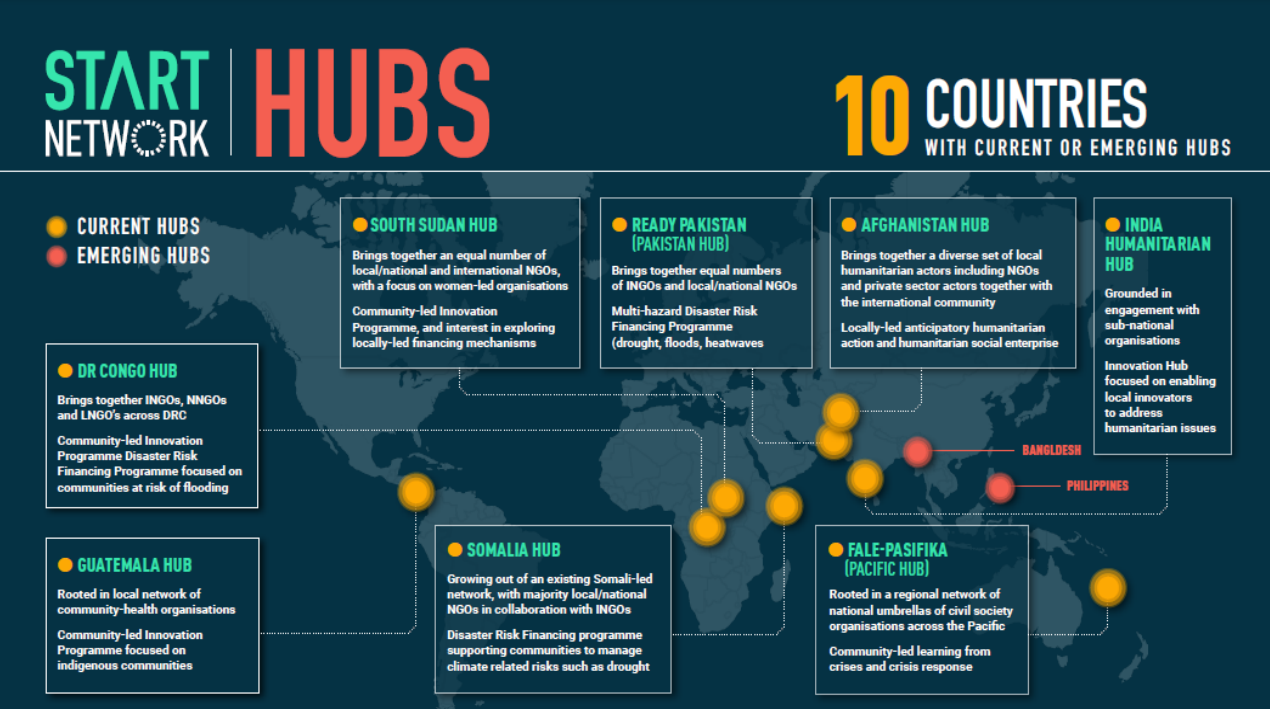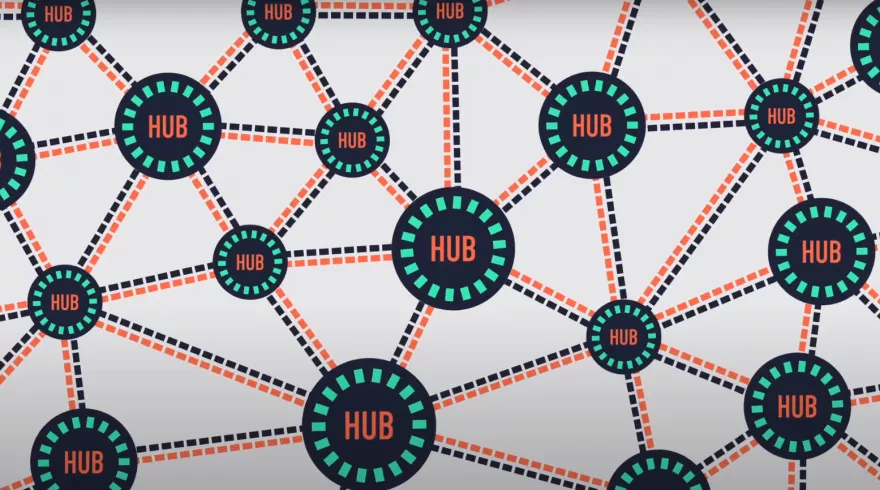Start Network hubs are collectives of local, national and international organisations or humanitarian responders operating in the same country or region. Hubs come together through a vision of system change, to tackle the deep-rooted issues in humanitarian responses within their countries. They control their own resources and define their own responses to crises affecting their communities. They are supported by the global Start Network.
Why we need hubs
Organisations and communities based in the countries where crises happen are better able to make decisions on how to address the problems they face. Our network of national and regional hubs are shifting power, decision making and resources closer to those dealing with crises at the front line.
Hubs are central to our vision for becoming a decentralised humanitarian network – one we call a ‘”network of networks”. We are putting this into practice by:
- incubating country and regional hubs
- diversifying our network by supporting these hubs to bring on board greater numbers of local and national organisations
- distributing governance and decision making to the hubs, with support from the global Start Network as a service provider.
Developing new hubs
We began by incubating five founding hubs, officially starting in 2020. This first group are in Democratic Republic of the Congo, Guatemala, India, Pacific region and Pakistan.
Each hub was founded by collectives of organisations in their country or region. We support hubs financially through grants and seed funding, technically through support and advice for programming and strategically through connecting them with fellow hubs.
In 2021, based on our learning from supporting the first five hubs, we developed a mutual partnership process to bring on new hubs. The six new potential hubs are in Afghanistan, Bangladesh, Kenya, Philippines, Somalia/Somaliland and South Sudan.
As the new hubs develop, this will help us learn how to support a larger global network of hubs in future.



